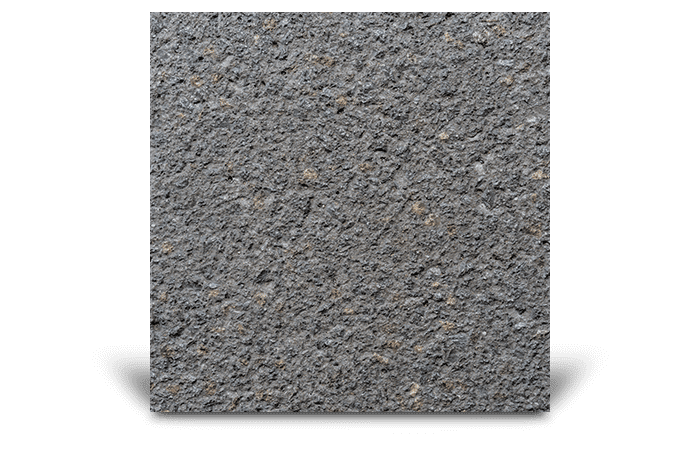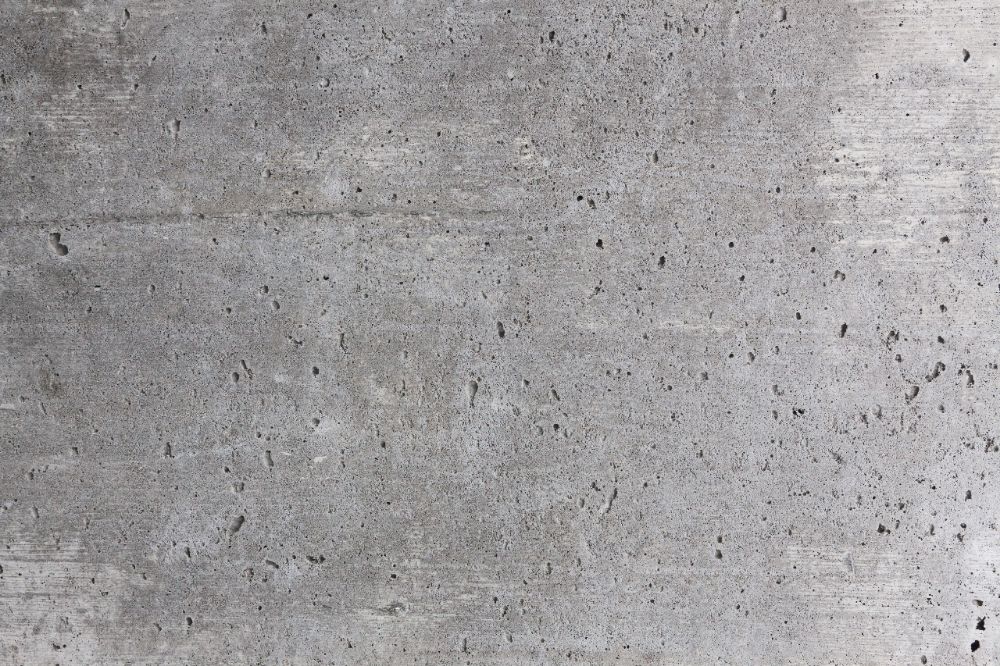Cost Effective Concrete Solutions: Top Quality Workmanship at Competitive Prices
Cost Effective Concrete Solutions: Top Quality Workmanship at Competitive Prices
Blog Article
Introducing the Eco-Friendly Advantages of Utilizing Recycled Concrete in Sustainable Building And Construction Practices
In the world of lasting construction methods, the utilization of recycled concrete stands as an essential yet often undervalued source. Past its standard applications, recycled concrete offers a myriad of environment-friendly advantages that prolong far past the confines of traditional construction materials.
Environmental Benefits
By incorporating recycled concrete into building practices, there is a substantial decrease in the demand for new raw products, leading to conservation of all-natural sources. Furthermore, the usage of recycled concrete diminishes the amount of waste being sent out to garbage dumps, thus minimizing ecological contamination and alleviating the pressure on land fill capacities (Concrete).

Furthermore, the production of traditional concrete is a considerable resource of carbon exhausts as a result of the energy-intensive process of concrete manufacturing. In comparison, recycled concrete has a lower carbon footprint as it minimizes the demand for new concrete production. This decline in carbon discharges adds to mitigating environment adjustment and supports lasting building practices. Overall, the ecological advantages of using recycled concrete are significant and play an essential duty in promoting environment-friendly building techniques.
Cost-Efficiency
When examining the utilization of recycled concrete in construction jobs,Achieving cost-efficiency is a paramount consideration. One of the crucial advantages of utilizing recycled concrete is its cost-effectiveness contrasted to typical concrete. The production of recycled concrete involves less energy and resources as it makes use of existing materials, decreasing the overall project costs significantly. Additionally, the availability of recycled concrete in your area can further lower transport costs, making it a much more cost-effective choice for building projects.
In addition, making use of recycled concrete can cause financial savings in landfill prices by drawing away concrete waste from disposal websites. This not only decreases the ecological impact yet additionally eliminates the costs associated with waste elimination. The durability and performance of recycled concrete are equivalent to traditional concrete, making certain that expense financial savings do not jeopardize the high quality of the construction.
Longevity and Toughness
Recycled concrete offers similar, if not remarkable, durability and strength residential or commercial properties to traditional concrete - Concrete. With advancements in handling methods and top quality control, recycled concrete can fulfill or exceed the performance standards of conventional concrete.

Waste Reduction
Effective waste decrease practices play a vital function in the sustainable use of sources within the construction market. When it involves utilizing recycled concrete, waste reduction is a key advantage that adds significantly to ecological preservation. Standard construction methods frequently generate significant quantities of waste, specifically in the form of concrete rubble from demolition sites. By including recycled concrete into building jobs, this waste straight from the source is repurposed and drawn away from land fills, reducing the overall environmental influence of construction activities.
Additionally, the usage of recycled concrete can lead to cost savings for building and construction jobs, as it is frequently extra budget friendly than sourcing and carrying brand-new products - Concrete. In you can try these out conclusion, waste decrease through the usage of recycled concrete is an essential component of lasting construction techniques that benefits both the environment and the construction market as a whole.
Power Preservation
When it comes to making use of recycled concrete in building, considerable power cost savings are attained contrasted to traditional concrete manufacturing. The procedure of generating recycled concrete includes reusing and squashing existing concrete materials, which eats much less power than mining, processing, and delivering raw products for new concrete manufacturing.
Verdict
Finally, the usage of recycled concrete in lasting building and construction practices supplies various environmental advantages, cost-efficiency, resilience, stamina, waste reduction, and energy conservation. By incorporating recycled concrete right into building and construction projects, we can add to a more eco-friendly and sustainable future. It is essential for the building and construction sector to focus on using recycled products to help in reducing the environmental influence of construction tasks.
One of the vital benefits of making use of recycled concrete is its cost-effectiveness contrasted to conventional concrete.Moreover, the use of recycled concrete can lead to savings in garbage dump expenses by drawing away concrete waste from disposal sites. The resilience and performance of recycled concrete are equivalent to conventional about his concrete, ensuring that cost financial savings do not jeopardize the high quality of the construction.

Report this page